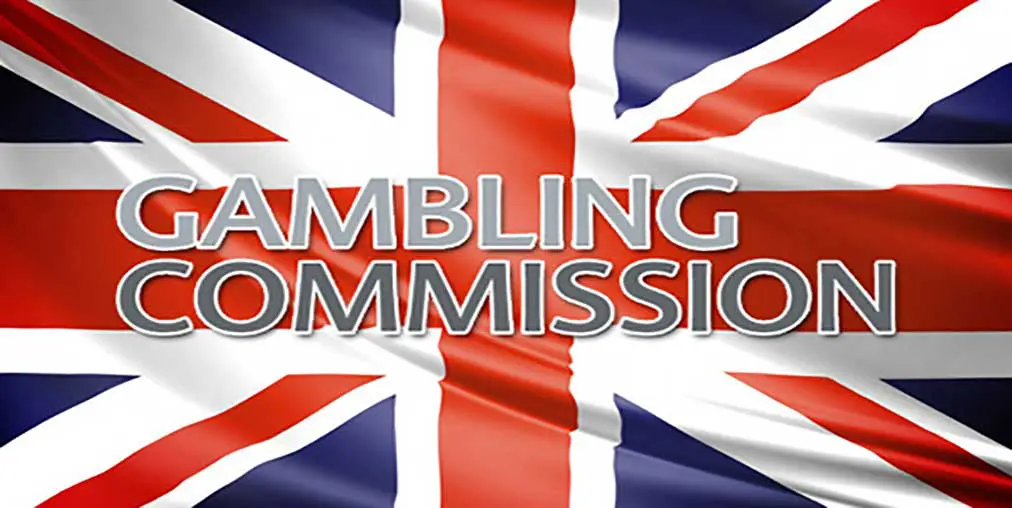UK gambling industry records £1.8bn in taxes for first half of 2022

In a recent report, the UK Gambling Commission (UKGC) revealed that gaming in the country was rising and on its way to producing pre-COVID numbers.
The UK tax authority verified the claim and announced the amount of money the country received via its gambling sector within the first six months of the fiscal year. According to officials, UK’s tax revenue from gambling experienced an 11% year-on-year rise between April and September this year. This was due to the resumption of normal operations after the COVID-19 restrictions were reduced.
A preliminary data report by HM Revenue & Customs revealed that the UK’s gambling sector earned £1.62 billion (US$1.87bn) within the previously mentioned period. The amount is higher than the £1.45 billion (US$1.67bn) the country collected between April and September last year.
iGaming and the National Lottery, which multinational lottery operator Allwyn will soon operate, were responsible for a sizable chunk of the tax revenue. While the National Lottery contributed 30% of the revenue, iGaming in the country accounted for 28%.
Despite the impressive feat, this year’s figures are lower than those recorded within the first six months of 2021. During the period, lottery products totaled £497 million (US$574.38m) and iGaming £501 million (US$579m).
The industry’s return to land-based gaming operations was behind the increase in growth tax payments during the period reported. Gaming machines’ taxes grew from £106 million (US$122.5m) to £267 million (US$308.57m).
Land-based casino segment also accounted for £76 million (US$87.83m) in the general gaming taxes. This year’s amount is an improvement from the first half of 2021; however, it is still not up to pre-pandemic levels. The casino segment recorded £11 million (US$12.71 million) last year.
Pool betting and fixed odds were down 6% from last year and generated £313 million (US$361.73m) in taxes. Sports betting’s “General betting duties (GBD) was £309 million (US$357.11m) for retail fixed odds and remote betting,
In 2020, the annual receipts for GBD increased to £595 million (US$688.79m) from 2019’s £586 million (US$677.24m). The receipts saw even more significant growth in 2021 with £649 million (US$750.05m) and will likely show yet another increase towards the conclusion of this fiscal year.
The data provided by the UK Revenue & Customs revealed that there were still areas that needed work. At the end of 2019, £4.5 billion (US$5.2m) in gambling tax revenue was recorded
Nothing is currently certain about the future of the UK’s gambling reform; however, the gambling industry is still experiencing changes. The new UK prime minister, Rishi Sunak, was just sworn in and there are already demands that he take a bold stance on gambling reforms.
This will take the back seat to getting the country’s economy in order. In the meantime, regulatory bodies like the Advertising Standards Authority (ASA) and the UKGC are still active.
Earlier, the ASA banned the use of high-profile figures in betting-related ads on the internet. Reality stars and athletes with sizable social media under 18 followers are included.
This also applies if the figures are not famous. In cases where a complaint is made to the ASA, the betting ads marketers will have to provide evidence that the minors would not be interested in the advertisement.
They would also be tasked with ascertaining their ads’ characters’ origins and find out if the advertisement is similar to a video game. The activities of brand ambassadors off the clock are also required.
The UK is also taking measures concerning the accessibility of slot machines. An earlier report by the Daily Mail revealed that the gambling machines would soon be restricted for gamblers below the required age.
To aid this, age verification via an inbuilt camera will be implanted in all slots. A selfie of the gambler will be taken before use, and then an algorithm will decide the individual’s age. In cases where the person is below 18, the slot machine will prevent them from gambling.
The technology will reportedly have a response of fewer than two seconds, but like many other things, the machine will have some issues over time. The technology’s software is allegedly only able to guess within an 18-month window of the actual age of the individual.
In cases where someone is 19, the machine may likely make a wrong assumption of their age. This could also apply in cases where 18-year-olds appear older than their age.
Regal Gaming Technologies, a subsidiary of gaming giant Gauselmann Group based in the UK, will aid with the rolling out of the technology.
